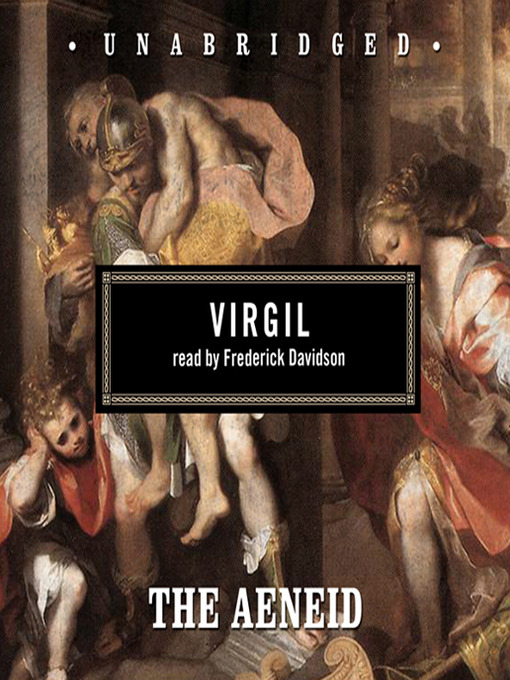This enduring masterpiece tells of the epic quest of Aenas, who flees the ashes of Troy to found a new civilization: Rome. A unique hero, Aenas struggles and fights not for personal gain but for a civilization that will exist in the far future. Caught between passion and fate, his vision would change the course of the Western world.
Virgil, Rome's greatest poet, turned a mythical legend into a national epic that would survive Rome's collapse to become the most influential book Rome contributes to Western culture.


